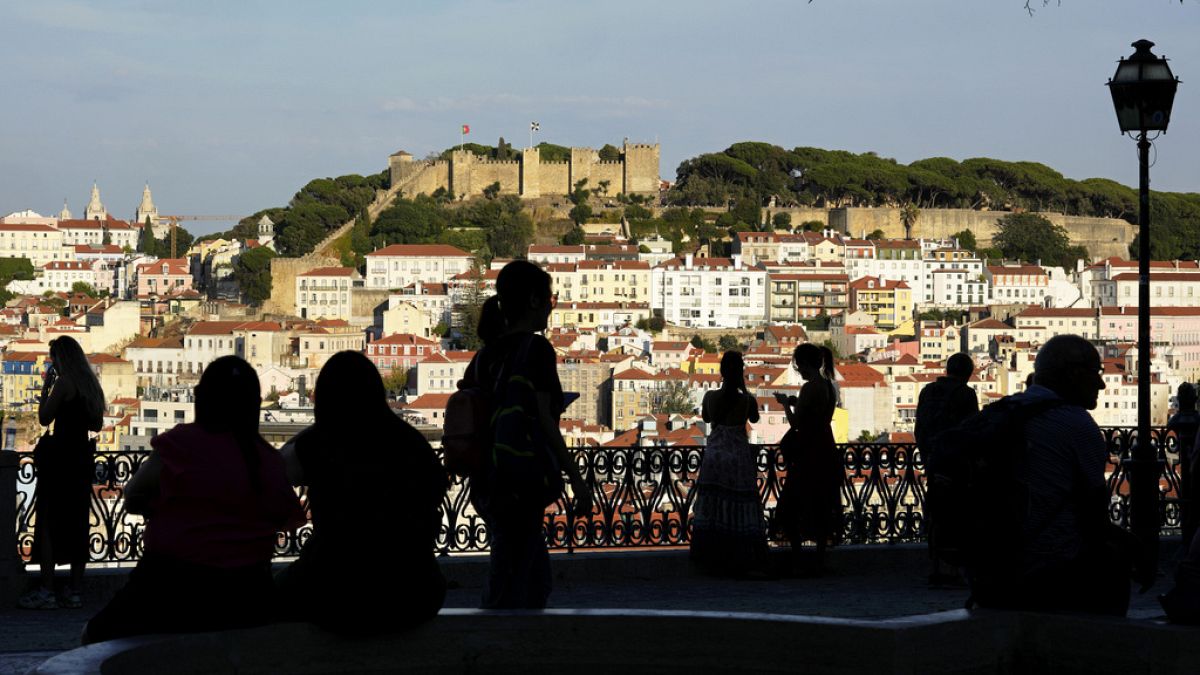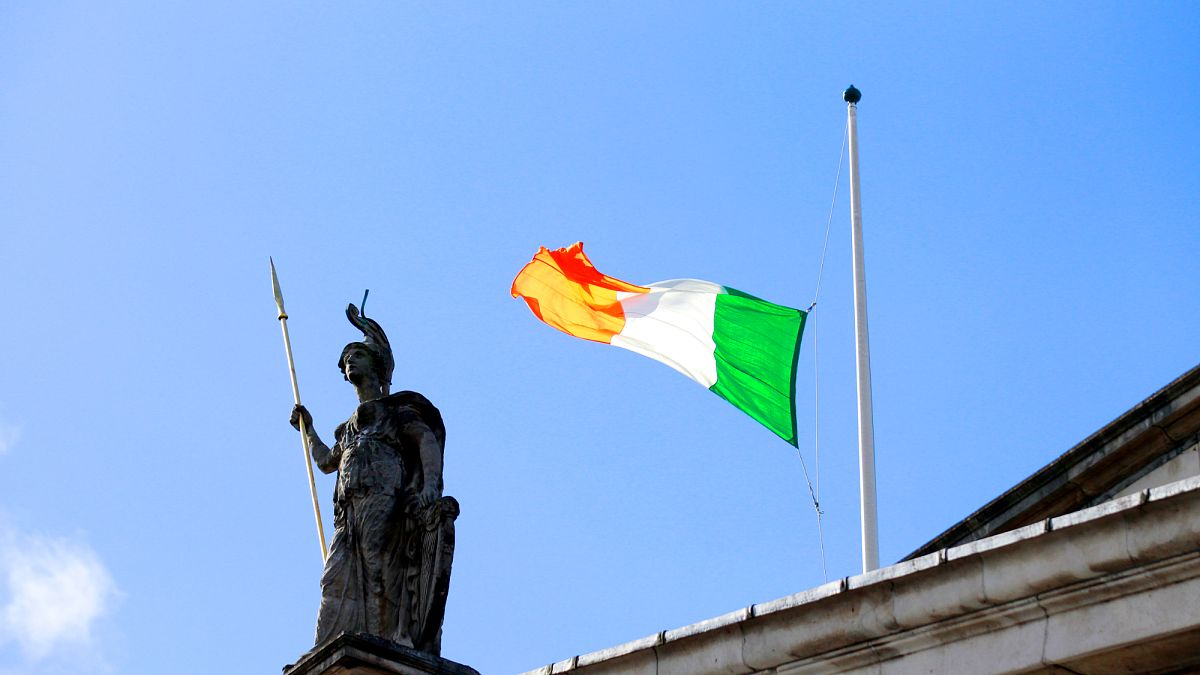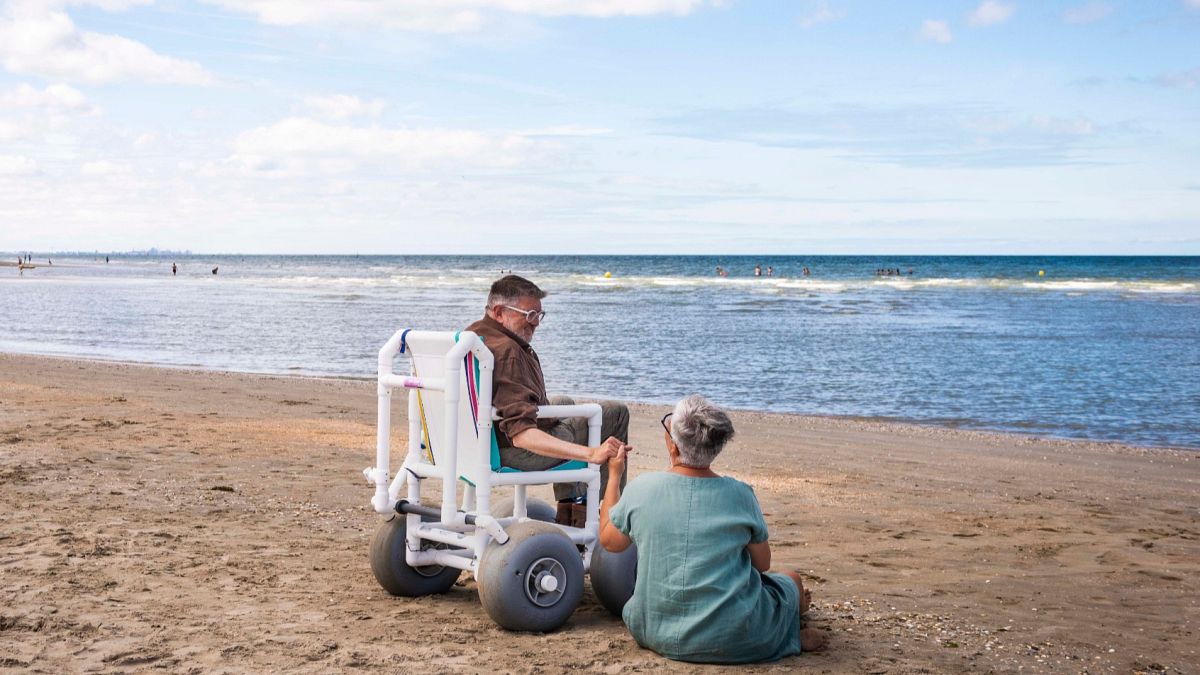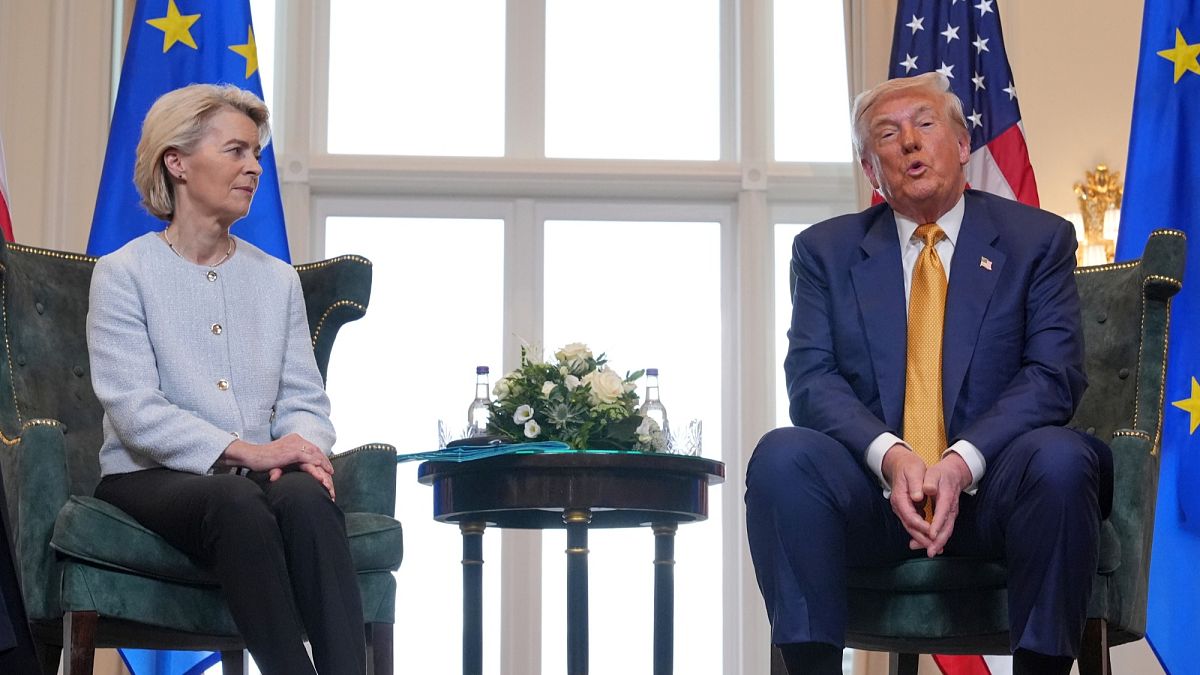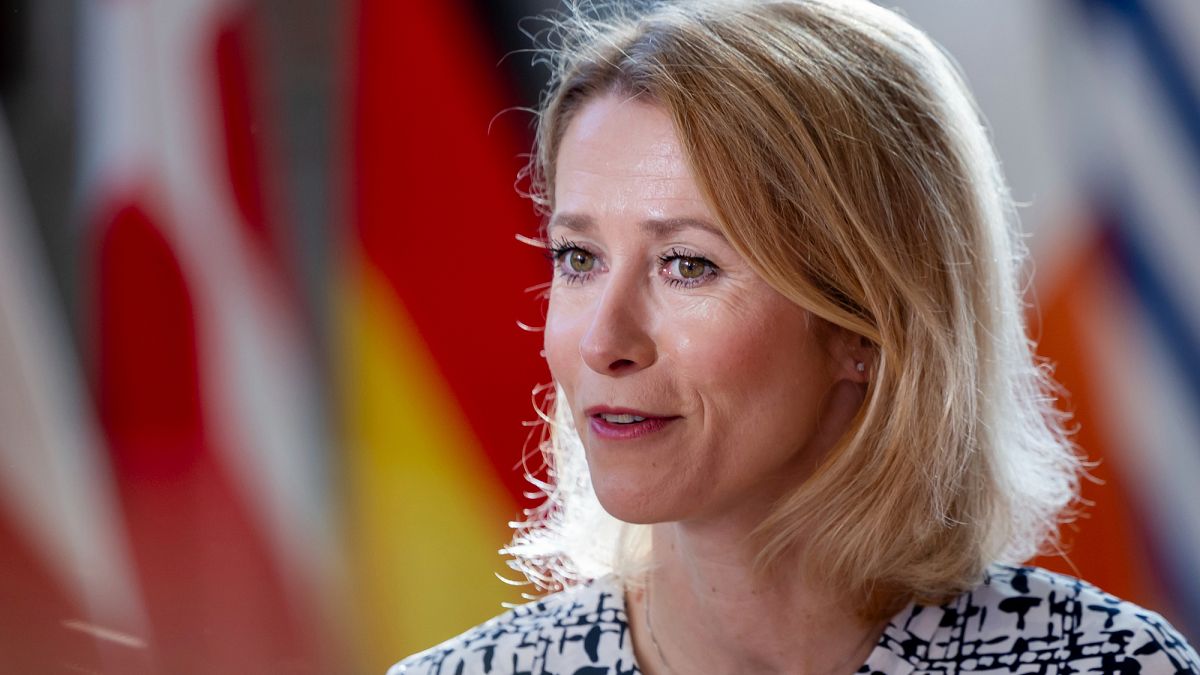Despite already representing around 15 per cent of the resident population, foreigners accounted for just 0.3 per cent of registered voters in Portugal at the end of 2024, according to data from the Voter Portal of the General Secretariat of the Ministry of Internal Administration (SGMAI).
A study by the Office of Economic, Business and Public Policy Studies (G3E2P) of the Faculty of Economics of the University of Porto (FEP) reveals that immigrants in Portugal have a low level of political participation, which is compromising their social integration and favouring populist anti-immigration discourse.
Of the 1.6 million foreign residents in Portugal, only 34,165 were registered (3.3 per cent). Of these, 16,985 had acquired Portuguese nationality, which guarantees them automatic registration. For the other foreigners, registration is voluntary.
Of the total number of people registered, 15,613 were voters from European Community countries resident in Portugal and 18,552 were voters from other foreign countries. In terms of nationality, the majority were Brazilians (25.03%) and Cape Verdeans (16.89%).
Immigrant membership of Portuguese political parties is marginal or non-existent, as is the case in the rest of Europe, the EFF study also points out. If parties actively recruited immigrants to represent foreign residents, the country’s diverse population would be better reflected in Parliament, the researchers say.
Recalling that all foreign residents can naturalise after five years in the country, acquiring broad political rights, the FEP’s G3E2P analysis also highlights that the low level of voter registration and participation prevents immigrants’ political potential from translating into effective representation.
Illegal immigration marks election campaign in Portugal
Immigration has once again become a hot topic during Portugal’s election campaign. More than 10.9 million voters living abroad are expected to go to the polls this Sunday.
Days before the start of the election campaign, the surprise deportation announcement by Luís Montenegro’s government, via Presidency Minister António Leitão Amaro, was a “bucket of cold water” for many immigrants.
“Over the next few weeks, we’re facing around 18,000 notifications to leave national territory. I should also point out that this is the first set of decisions. We still have another 110,000 cases, most of which will probably be granted, but of those 110,000 still to be decided, we will probably also have more rejections and more notices to leave national territory,” the executive spokesperson announced.
One of the flagships of the AD programme, led by Montenegro, is the control of migratory flows and the implementation of a regulated immigration policy.
The AD has been criticised from left to right, with opposition parties accusing Luís Montenegro of “electioneering” and “propaganda” in a dispute over Chega voters. André Ventura’s party has insisted on a more populist discourse, claiming that immigrants are a factor of insecurity for the country.
Will deportations weigh on foreign voters?
Elaine Miranda is a hairdresser and came to Portugal 16 years ago from São Luís do Maranhão, in the north-east of Brazil. When she arrived in Lisbon in 2009, she didn’t intend to stay, but ended up settling here because she identified with the Portuguese capital due to its similarities to her hometown.
After a week, she soon received job offers and ended up becoming a naturalised citizen, even though the process took a long time. She will be exercising his right to vote on the 18th for the first time. Elaine expects the next government to provide a balanced solution to the problem of unregulated immigration.
“I’m an immigrant and I’m in favour of immigration, but we have to have conditions, there has to be control at all times, and people have to integrate into the community,” Elaine told Euronews, rejecting the idea that the announcement of the deportations will influence her vote on Sunday.
Ounísia Santos, a PhD student in Environmental Engineering, has a different view. She came to Portugal from Cape Verde 12 years ago to continue her studies in higher education and became a naturalised citizen in 2021.
When she heard the news about the immigrants being expelled, her first reaction was concern. “It feels like they’re coming after you, like a persecution. Portugal has always seemed to me to be a welcoming and receptive country, so I was shocked to learn that a country that has welcomed me so well is not receptive to everyone,” she told Euronews.
As an immigrant, she says she understands the importance of foreign labour for the country, but she is also critical of uncontrolled immigration. “There needs to be proper management, otherwise scenarios like the one we’re seeing now in Portugal happen, such as pressure on public services, schools and housing,” she admits.
Ounísia voted in the two previous elections, in 2022 and 2024, and intends to vote again this Sunday. She hopes that the next government will at least provide the conditions for immigrants who are already here to integrate.



